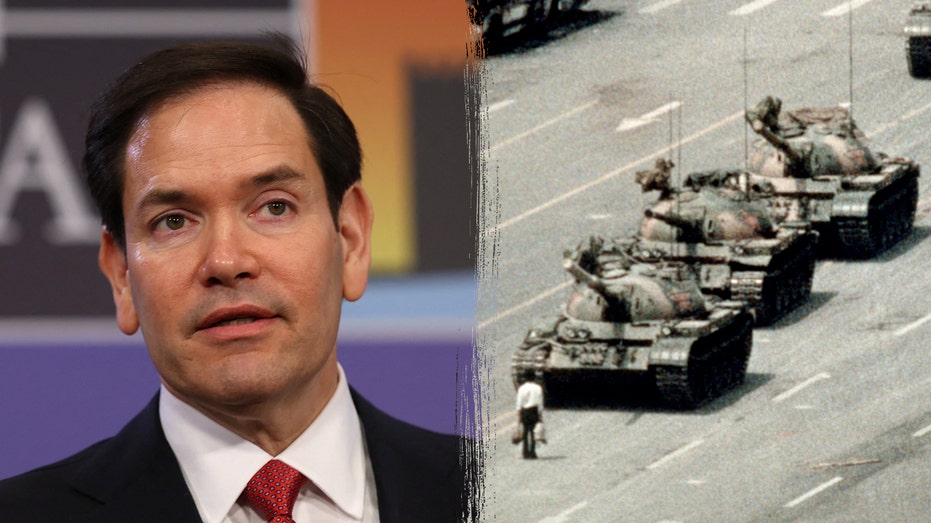China and Rubio Clash Ahead of 36th Anniversary of Tiananmen Square Massacre
On the 36th anniversary of Tiananmen Square, China's crackdown faces renewed scrutiny amid ongoing censorship and denial of pro-democracy protests.

The 36th anniversary of the Tiananmen Square crackdown has reignited tensions between the United States and China, as both governments exchange sharp rhetoric over the legacy and memory of the 1989 pro-democracy protests. The anniversary, marked each year on June 4, remains a deeply sensitive and heavily censored topic within China, while continuing to resonate as a symbol of suppressed freedoms abroad.
In a statement timed to coincide with the anniversary, U.S. Secretary of State Marco Rubio underscored the enduring importance of fundamental human rights, commemorating those who lost their lives in the pursuit of democracy. "The world will never forget," Rubio said, directly accusing the Chinese Communist Party (CCP) of attempting to erase history by actively censoring any mention of the tragedy. He added that bravery in the face of authoritarian force serves as a reminder that "the principles of freedom, democracy, and self-rule are not just American principles. They are human principles the CCP cannot erase."
Beijing’s response was swift and emphatic. On Wednesday morning, the Chinese foreign ministry rejected Rubio’s remarks, with spokesperson Lin Jian accusing the Secretary of State of "maliciously distorting historical facts" and interfering in China's internal affairs. Lin announced that China had lodged a formal protest over what officials described as unwarranted foreign commentary.
June 4 remains a pivotal date in global memory, recalling the day in 1989 when hundreds of thousands of people—mainly students—filled Tiananmen Square demanding greater political freedoms and government accountability. The Chinese government responded with overwhelming military force, deploying the People’s Liberation Army and tanks that opened fire on unarmed demonstrators. While the official death toll remains unknown, estimates suggest hundreds, if not more than a thousand, lost their lives.
Since then, the CCP has gone to considerable lengths to suppress public discussion of the events of June 4. Any reference to the crackdown is swiftly censored from news outlets and online platforms, while relatives of victims are monitored and prevented from holding memorials. Each year, government authorities bolster security around Tiananmen Square and related sites, ensuring that large gatherings or acts of remembrance are quickly dispersed.
This year, reports and images circulating internationally depicted a heavy police presence and barricades near the square and at the entrance to Wan'an Cemetery, where many victims are believed to be buried. The square itself was notably empty, underscoring the ongoing climate of control and vigilance that surrounds the anniversary inside China.
The continued standoff between Washington and Beijing reflects a broader clash of values, with Western officials maintaining that the events of Tiananmen Square must never be forgotten, even as the CCP redoubles its efforts to erase all traces of the massacre from public consciousness. As the world marks another year since the crackdown, calls for justice and remembrance persist—echoing far beyond the borders of China itself.




